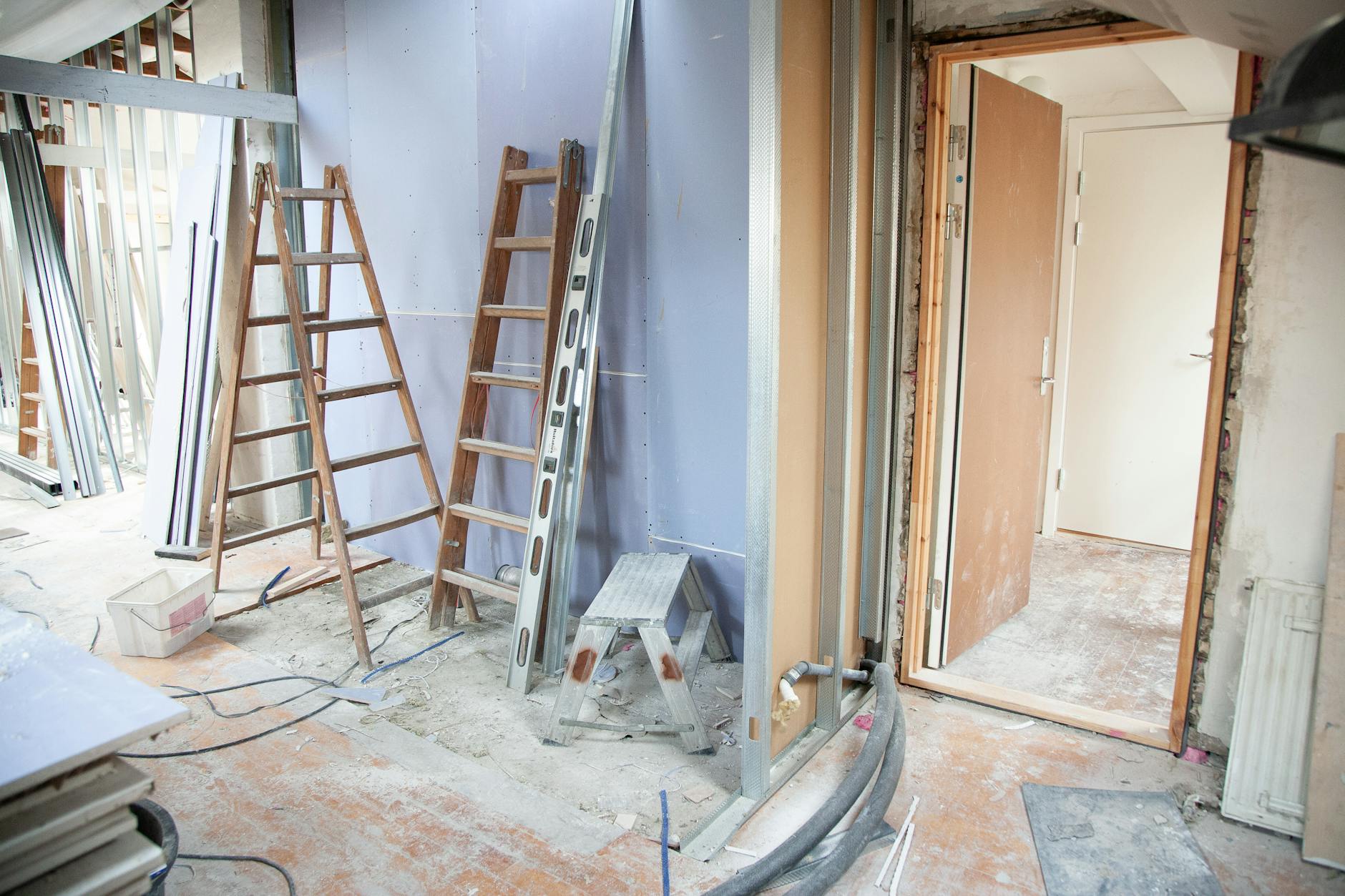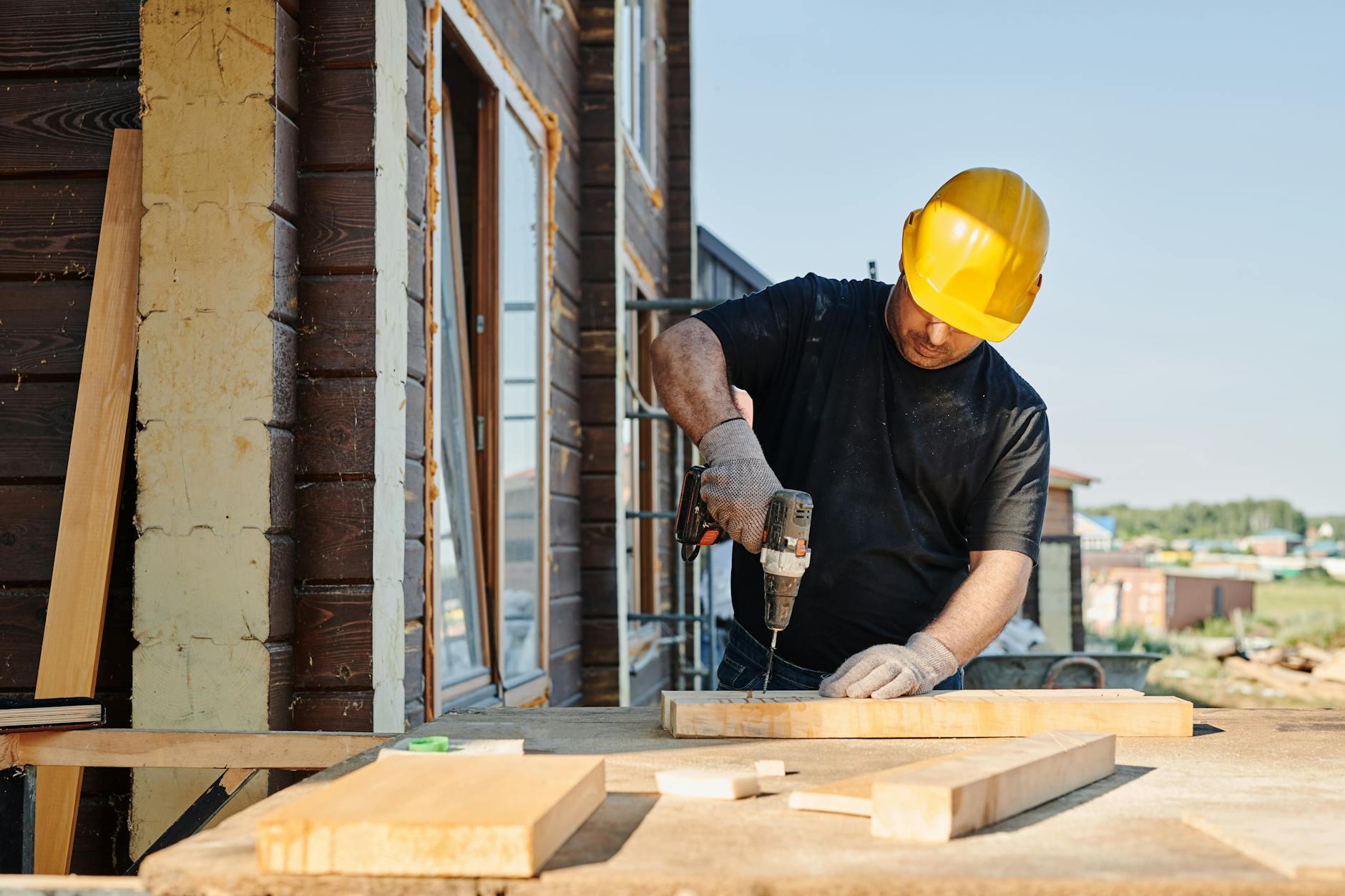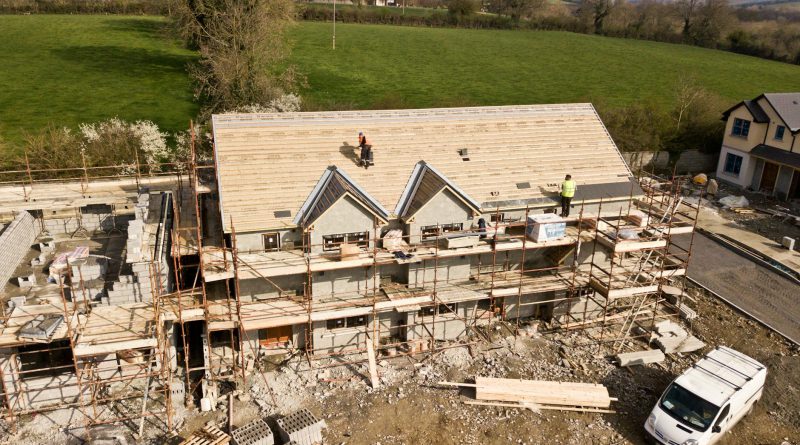Remont
Remont to proces, który może przynieść wiele radości i satysfakcji, ale także stresu i wyzwań. Jest to jak przygotowanie smacznego dania – wymaga starannego planowania, odpowiednich składników oraz precyzyjnego wykonania. Podobnie jak w kuchni, tak i w remoncie kluczowe jest przygotowanie i budżetowanie, aby efekt końcowy był zgodny z oczekiwaniami.
Podczas gdy niektórzy wolą gotowe dania, inni preferują tworzenie potraw od podstaw. Tak samo jest z remontem – można zdecydować się na kompleksową modernizację mieszkania lub skupić się na konkretnych obszarach, takich jak kuchnia, łazienka czy inne pomieszczenia. Wybór projektu remontowego zależy od indywidualnych potrzeb i oczekiwań.
Przed przystąpieniem do remontu warto dokładnie zaplanować każdy krok. Podobnie jak mistrz kuchni, który precyzyjnie dobiera składniki, tak i podczas remontu należy ustalić harmonogram prac, potrzebne materiały oraz budżet. To kluczowe elementy, które wpłyną na ostateczny rezultat.
W trakcie remontu ważne jest także odpowiednie przygotowanie narzędzi i materiałów. Podobnie jak szef kuchni, który korzysta z najlepszych noży i garnków, tak i podczas prac remontowych niezbędne są wysokiej jakości narzędzia oraz materiały budowlane. To gwarancja bezpieczeństwa i efektywności podczas pracy.
Types of Renovation Projects
When it comes to renovation projects, there is a wide range of options to consider, each offering unique opportunities to transform your space. From small upgrades to major overhauls, the types of renovation projects you can undertake are diverse and cater to various needs and preferences.
One common type of renovation project is home remodeling, which involves revamping the overall look and feel of your living space. This can include structural changes, aesthetic enhancements, and functional improvements to create a more modern and comfortable environment for you and your family.
Kitchen upgrades are another popular choice for homeowners looking to refresh their homes. Renovating your kitchen can range from simple updates like repainting cabinets and installing new appliances to more extensive changes such as redesigning the layout and adding custom features for increased functionality.
Similarly, bathroom renovations are a common project that can significantly enhance the comfort and value of your home. Upgrading fixtures, retiling surfaces, and optimizing storage space are just a few ways to transform your bathroom into a luxurious retreat.
Moreover, exterior renovations can make a dramatic impact on the curb appeal and functionality of your property. Projects like landscaping, roof repairs, and facade updates not only improve the aesthetics of your home but also contribute to its overall maintenance and longevity.
Whether you are looking to update a single room or renovate your entire property, understanding the different types of renovation projects available can help you make informed decisions and create a space that reflects your style and needs.

Planning and Budgeting
When it comes to embarking on a renovation journey, one of the most crucial steps is meticulous planning and budgeting. Picture this phase as the blueprint of your project, the foundation upon which the entire renovation process will stand. Without a solid plan and a well-thought-out budget, your project could easily veer off track, leading to unexpected costs and delays.
Imagine planning a cross-country road trip without a map or a budget – you might find yourself lost in the middle of nowhere with an empty tank. Similarly, in the realm of renovation, having a clear plan and a realistic budget is akin to having a roadmap that guides you through the twists and turns of the project, ensuring you reach your desired destination – a beautifully renovated space.
Before diving headfirst into the renovation whirlpool, take a moment to sit down and outline your goals, needs, and priorities. Consider the scope of the project – are you looking to revamp a single room, undertake a full house renovation, or focus on specific areas like the kitchen or bathroom? Understanding the extent of the renovation will help you set realistic expectations and allocate resources accordingly.
Once you have a clear vision of what you want to achieve, it’s time to crunch some numbers and establish a budget. Think of your budget as a guardrail that prevents overspending and keeps your project on track. Research the costs of materials, labor, permits, and any unforeseen expenses that may arise during the renovation process.
Creating a detailed budget spreadsheet can be immensely helpful in tracking expenses and ensuring you stay within your financial limits. Allocate funds for each aspect of the project, from demolition and construction to finishing touches like paint and decor. Remember, it’s always better to overestimate costs than to be caught off guard by unexpected expenditures.
Moreover, consider setting aside a contingency fund to cushion against any surprises or emergencies that may crop up along the way. Just like packing a spare tire for your road trip, a contingency fund provides a safety net in case things don’t go as planned.
Lastly, don’t hesitate to seek advice from professionals or experienced renovators when planning and budgeting for your project. Their insights and expertise can offer valuable guidance and help you avoid common pitfalls. By investing time and effort in thorough planning and budgeting, you set the stage for a successful renovation journey that culminates in a space that truly reflects your vision and style.
Hiring Contractors
When it comes to for your renovation project, it’s crucial to take the necessary steps to ensure a smooth and successful experience. One of the first things to consider is the reputation of the contractors you are looking to hire. Researching online reviews, asking for recommendations from friends and family, and checking references can help you gauge the quality of their work.
Obtaining quotes from multiple contractors is also essential in making an informed decision. Compare the quotes not only based on the total cost but also on the breakdown of expenses, timeline, and materials included. This will give you a better understanding of what each contractor is offering and help you choose the one that fits your needs and budget.
Moreover, ensuring quality workmanship is paramount in any renovation project. Look for contractors who are licensed, insured, and experienced in the type of renovation you are planning. A reputable contractor should be able to provide you with examples of their past work and communicate effectively throughout the project.
Communication is key when working with contractors. Clearly outline your expectations, timeline, and budget constraints from the beginning to avoid any misunderstandings later on. Regular updates and open dialogue can help address any issues that may arise during the renovation process and ensure that the project stays on track.

DIY Renovation Tips
When it comes to tackling DIY renovation projects, preparation is key. Before diving into any task, it’s crucial to assess the scope of the project and gather all the necessary tools and materials. Think of it as preparing for a journey; you wouldn’t set off without a map and supplies, right? The same goes for renovations – plan ahead and equip yourself with the knowledge and resources needed to succeed.
One essential DIY renovation tip is to start small and gradually work your way up to more complex projects. It’s like learning to ride a bike; you start with training wheels before attempting tricks. Begin with simple tasks like painting a room or installing shelves to build your confidence and skills. This approach will help you avoid feeling overwhelmed and increase your chances of completing the project successfully.
Safety should always be a top priority when engaging in DIY renovations. Just as a superhero wears protective gear to shield themselves from harm, you should also don the appropriate safety equipment. Whether it’s goggles, gloves, or a hard hat, make sure to use them to prevent accidents and injuries. Remember, it’s better to be safe than sorry.
Research is your best friend when it comes to DIY renovations. Before starting any project, take the time to educate yourself on the techniques and best practices involved. Utilize online resources, watch tutorial videos, or seek advice from experienced DIYers. Knowledge is power, and the more you know, the more confident and capable you’ll be in handling renovation tasks.
Don’t hesitate to seek help or guidance when needed. Just like a wise wizard seeks counsel from fellow magical beings, reaching out to professionals or experienced individuals can provide valuable insights and tips. Whether it’s consulting with a hardware store expert or joining online DIY communities, don’t be afraid to ask questions and learn from others’ experiences.

